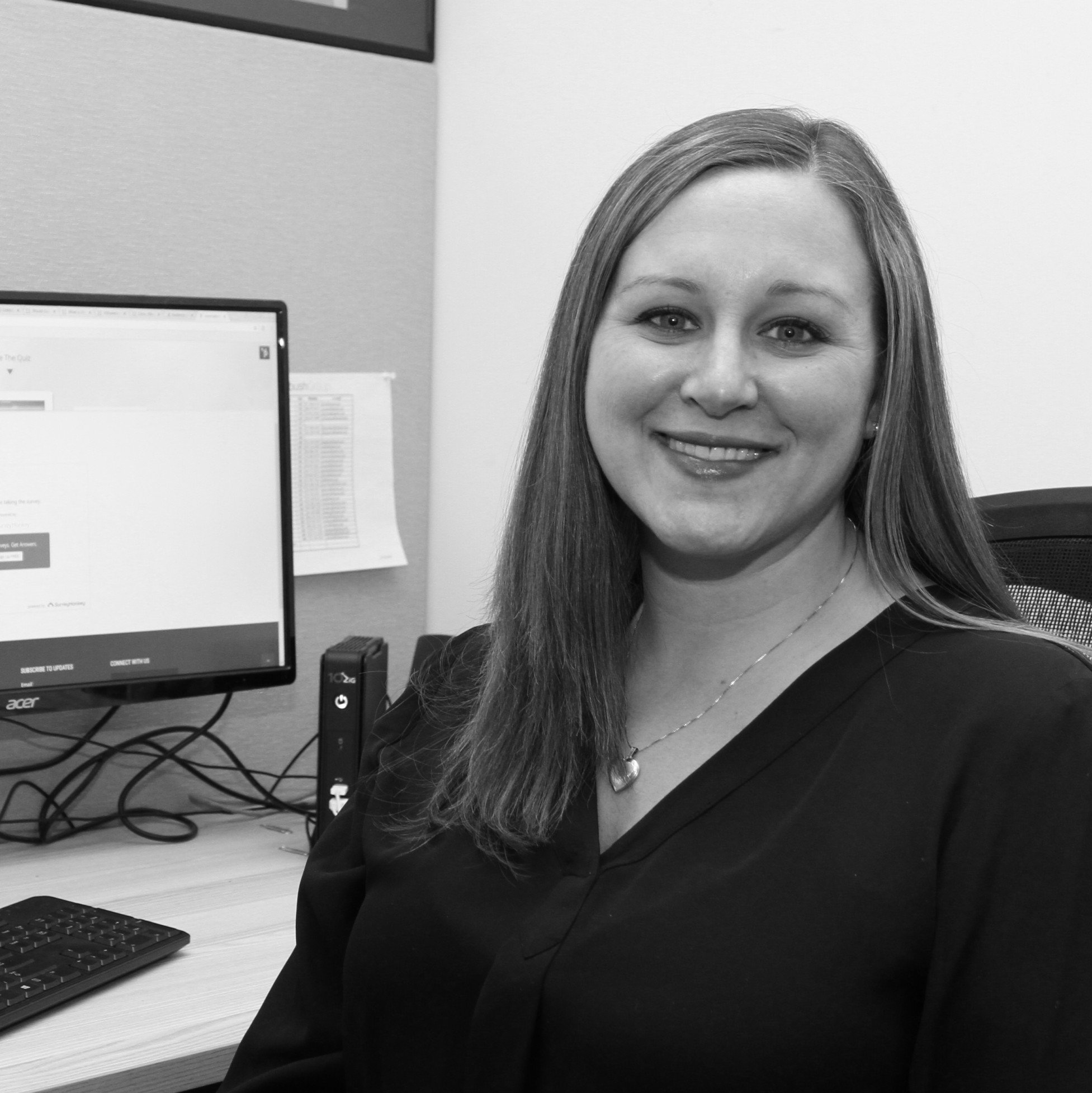To thrive in an increasingly competitive world, law firms need IT that will support their ability to provide excellent client service. A firm’s IT system must strategically align with operations and enable attorneys and staff to work efficiently, productively, and securely, whether on-site or at a remote location. Desktop as a Service (DaaS), checks all of these boxes, allowing a law firm to realize multiple benefits.
What Is DaaS?
DaaS is a cloud-based solution in which a company’s desktops, servers, applications, and files reside on a private cloud provider’s secure private cloud. The provider streams virtual desktops and applications over the internet to users, who can securely access their familiar Windows desktop and all their data and files, including shared files, from any device and location.
The rapidly expanding DaaS market is expected to multiply by a CAGR of 18.5% from 2023-2030, according to Cognitive Market Research. With DaaS, a company typically pays a monthly per-user subscription fee, which covers all back-end management services, including multi-faceted cybersecurity features, software updates and upgrades, data storage, backup and recovery, technical support, system monitoring and maintenance, and more.
Productivity from Anywhere
The pandemic caused a seismic shift in how work is done. Record numbers of companies have transitioned to hybrid, remote, or other flexible workplaces – and law firms are no exception. Three in five law firms said they have adopted or are considering adopting some kind of flexible office or hoteling system, according to a 2023 survey by Savills Legal Tenant Practice Group.
DaaS allows attorneys and staff to seamlessly and efficiently access all their applications and files and perform all their tasks whether they are in the office, at home, or on the go. By contrast, the wrong technology will limit what your teams can do from remote locations, harming productivity and causing frustration. Many remote access solutions do not support the full functionality of all the applications used in the office, or they do not allow for data to be integrated across applications. The result is people can’t do what they need to do when they need to do it.
Cybersecurity Benefits
Cybersecurity is a major concern for law firms, who have an ethical and legal responsibility to protect client data. According to a 2023 American Bar Association survey, 29% of law firms have experienced a security breach, up from 27% the prior year. Hybrid or remote workplaces add incremental security concerns that must be addressed through appropriate technology choices.
When law firms partner with a reputable DaaS provider, all connections take place within the provider’s secure environment – whether a user is within your office’s four walls or thousands of miles away. A cloud provider’s entire business model depends on keeping its clients’ systems secure, and a good provider will provide multi-faceted cybersecurity features with an emphasis on defensive measures. These include firewalls, malware protection, security patches, 24x7x365 security monitoring, rapid incident response, security audits, strong password policies with multi-factor authentication (MFA), security education for your teams, and more.
Instant Scalability
As your firm expands or contracts over time, DaaS technologies can efficiently be scaled up or down. DaaS eliminates the need for bulky servers and other onsite equipment, limiting technology investment in times of growth and wasted costs in times of reductions. Since firms pay a monthly per-user, per-service contract to the DaaS provider, they’re not stuck paying for equipment or services they no longer need.
Backup and Business Continuity
Your clients rely on you to be there for them when they need you, and the loss of vital data, even temporarily, can compromise not only your productivity but your reputation. Backup and business continuity services are inherent benefits of DaaS. All files are automatically backed up and stored on the provider’s secure cloud and can be seamlessly accessed if a natural disaster or other event renders your offices or technology unusable. A reputable cloud provider will operate from multiple data centers with built-in redundancies in the event of an emergency at one of the provider’s own facilities. Look for a provider with enterprise N+1 level data centers that use biometric access controls and military-grade encryption to ensure best-in-class security. Inquire if the provider’s facilities are third-party audited, and confirm they meet all the standards required by the legal industry and your clients’ industries.
Tabush Group is a leading provider of cloud Desktop as a Service and Managed IT Services for small to midsize law firms. To learn more about how our state-of-the-art IT solutions can make your firm’s operations more efficient and secure, contact us.









